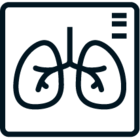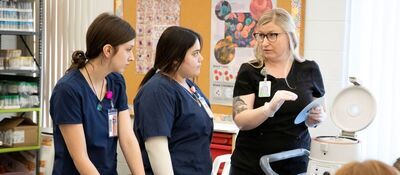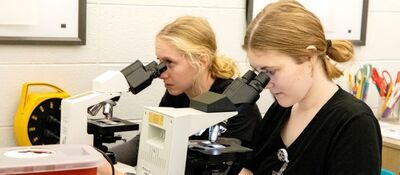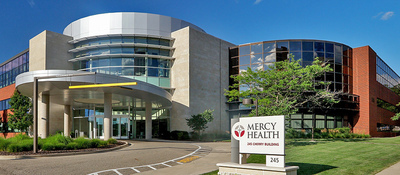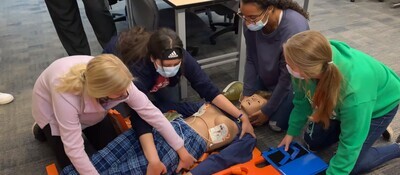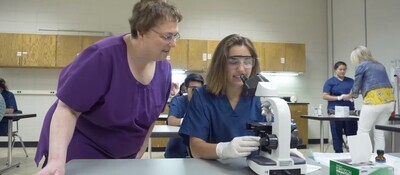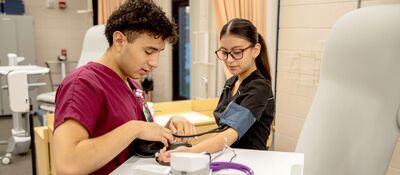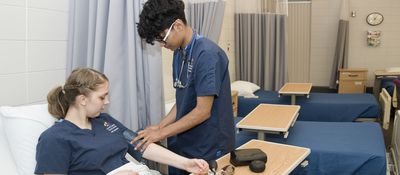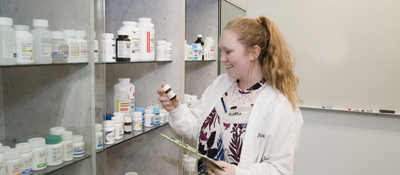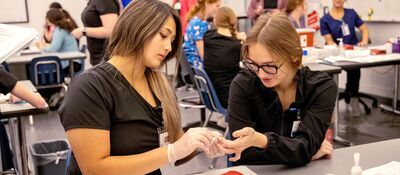Phlebotomy & Lab Tech
About Phlebotomy & Lab Tech (formerly Diagnostics)
Healthcare professionals use instruments to aid in the detection, diagnosis and treatment of diseases, injuries, or other physical conditions.
Get Actual Experience
- Perform dermal puncture and venipuncture
- Test blood & body fluids using medical equipment
- Grow & study bacteria & learn about new superbugs
- Practice diagnostic tests using sonography & electrocardiography equipment
- Perform respiratory assessments and treatments
- Possibility to earn a phlebotomy internship & certification
Content Areas
Learn about the following essential areas of diagnostics:
- Anatomy & physiology
- Cardiovascular testing
- Diagnostic imaging (radiology, MRI, CT scan, nuclear medicine, ultrasound)
- Clinical Laboratory methods & equipment
- Phlebotomy (dermal puncture and venipuncture)
- Respiratory care
- Scientific research & writing



